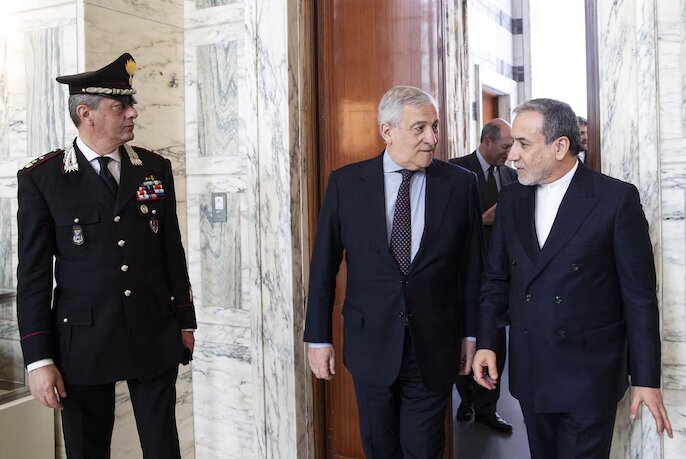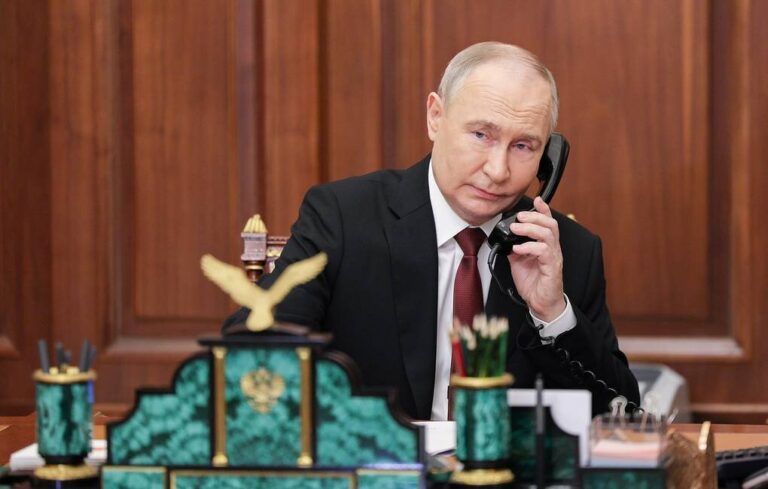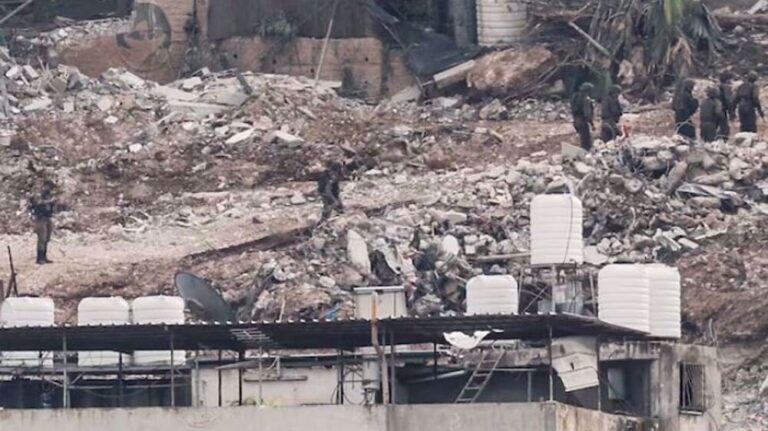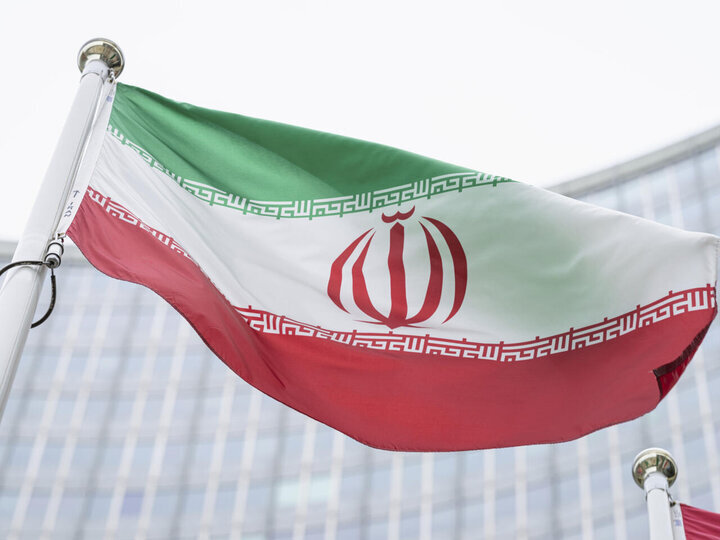Araghchi Updates Italian FM on US Negotiations Progress: Key Insights Unveiled
In a significant diplomatic development, Seyed Abbas Araghchi, the Minister of Foreign Affairs of the Islamic Republic of Iran, engaged in fruitful discussions in Rome aimed at advancing indirect negotiations between Iran and the United States. This latest round of talks showcases the intricate balance of diplomacy in the region.
Before returning to Tehran, Araghchi held a noteworthy telephone conversation with his Italian counterpart, Antonio Tajani. During this call, he expressed gratitude for Italy’s role in facilitating these negotiations alongside Oman. The discussions were characterized as not only constructive but also indicative of potential progress.
Araghchi underscored the importance of maintaining realism and goodwill in the ongoing negotiations, suggesting that this approach could pave the way for a favorable conclusion. This sentiment was echoed by Tajani, who appreciated Iran’s responsible conduct throughout the discussions and thanked Araghchi for providing insights into the day’s outcomes.
Here are some key points from the recent negotiations:
- Venue of Talks: The discussions took place at the residence of Oman’s ambassador to Italy, with the Iranian and American delegations in separate rooms, highlighting the indirect nature of the talks.
- Role of Oman: Oman has been instrumental as a mediator, facilitating communication between Tehran and Washington.
- Constructive Dialogue: Both parties described the negotiations as moving forward, indicating a productive exchange of ideas.
- Future Prospects: There is optimism that continued goodwill could lead to a resolution in the future.
In reflecting on the positive atmosphere of the Rome talks, Tajani reiterated Italy’s readiness to support the ongoing diplomatic efforts. This collaborative approach underscores the importance of international partnerships in navigating complex geopolitical issues.
The ongoing dialogue between Iran and the United States represents a crucial step in addressing longstanding tensions. The indirect nature of these discussions, facilitated by a neutral party like Oman, allows for a more nuanced exploration of the issues at hand.
As the negotiations progress, it is essential to monitor the developments closely, especially given the historical context of Iran-U.S. relations. The willingness of both nations to engage in dialogue is a promising sign that could lead to significant breakthroughs.
It is worth noting that the approach taken in Rome reflects a broader trend in international diplomacy, where indirect negotiations can sometimes yield fruitful outcomes where direct talks may falter. The commitment from both Iranian and U.S. officials to continue this dialogue demonstrates a mutual recognition of the importance of communication in resolving conflicts.
As these discussions evolve, observers will be keen to see how both sides handle the complexities inherent in their relationship. The path forward may be fraught with challenges, but the foundation laid during this round of talks could be pivotal in shaping future interactions.
In conclusion, the recent indirect negotiations in Rome mark a significant moment in Iranian-American relations. With the support of mediators like Oman and the cooperation of Italy, there is a glimmer of hope for a resolution that could benefit both nations and contribute to regional stability. The coming weeks and months will be crucial as both sides navigate the diplomatic landscape, aiming for a successful outcome.
As we look ahead, it is essential for both sides to maintain the momentum generated during these talks and build on the constructive dialogue established. The ongoing commitment to diplomacy, realism, and goodwill will be vital as they seek to overcome the challenges that lie ahead.






